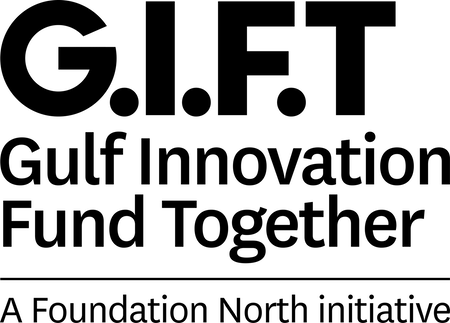Case Study: Michael Jessup/Sustainable Coastlines Virtual Reality Game
Raising awareness about environmental issues affecting the Hauraki Gulf through virtual reality.
Who
Michael Jessup, in partnership with Sustainable Coastlines
Awarded
$2,450
In December 2017, then University of Auckland Engineering student Michael Jessup was awarded $2,450 to develop a virtual reality (VR) experience using Hauraki Gulf footage. The intent was for the VR to be able to be used by Sustainable Coastlines, who acted as a funder holder for Michael. The funding paid for a camera and stitching software.
Michael donated over 430 voluntary hours to creating a short VR experience with game elements, that raises awareness about environmental issues facing the Gulf and what can be done about them. It highlighted the impacts of waste and stormwater in particular. Sustainable Coastlines has VR goggles at its Flagship Centre in Wynyard Quarter, downtown Auckland, through which people can view what Michael created.
The journey to this project began for Michael while in Year 10 at high school in Pakuranga. A friend got him involved in his school’s Environment Council, doing beach clean-ups, which alerted him to issues facing our oceans. In 2013, the Make a Difference Fund approached school students to attend a camp, at which Sustainable Coastlines presented on Love Your Coast. Michael attended the camp and was impressed by some powerful messages about challenges facing marine environments. Michael subsequently gave a Year 11 speech on Love Your Coast and filmed that, which gained some attention and led to him becoming more involved with Sustainable Coastlines.
In 2016 Michael saw a VR video at Sustainable Coastlines. He successfully applied to an international film fund for $300 and made his first ‘360’ film, using Leigh Marine Reserve footage. He encountered many technical issues and realized he needed a proper camera to achieve better quality, hence the funding application to GIFT.
From Michael’s perspective, the successes of this GIFT supported project were:
Creating a short VR experience/game featuring Hauraki Gulf beaches, highlighting environmental issues for the Gulf and what can be done about them
Learning about VR capability, how to write better code, what can and can’t be done in VR and how to direct the user experience of VR
Using the project as a way to achieve practical hours for university purposes
Spending a summer on Hauraki Gulf beaches connecting with the Gulf and learning more about how what happens on land affects the sea, especially in terms of waste.
Challenges involved limitations with hardware and software capability. There is potential to add the VR film that Michael created to an app store for VR that anyone can download. See here for a short promotional film that Michael made about the VR experience. Michael plans to keep developing his skills in service of positive change for the Hauraki Gulf and other environments.

